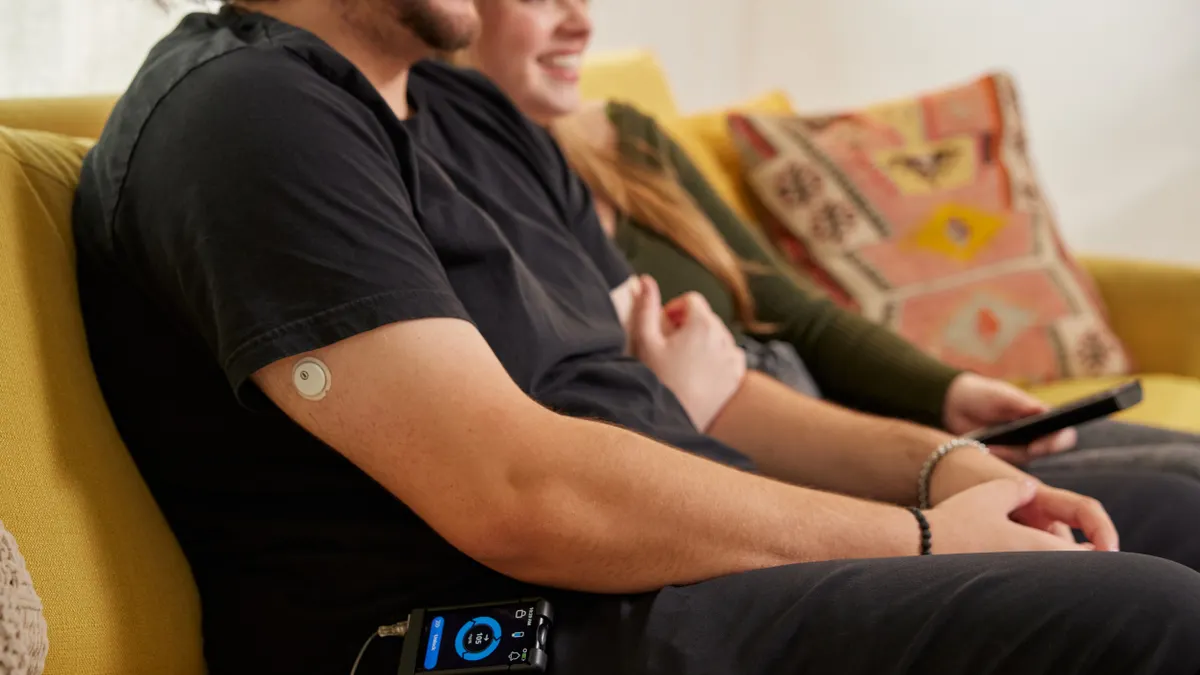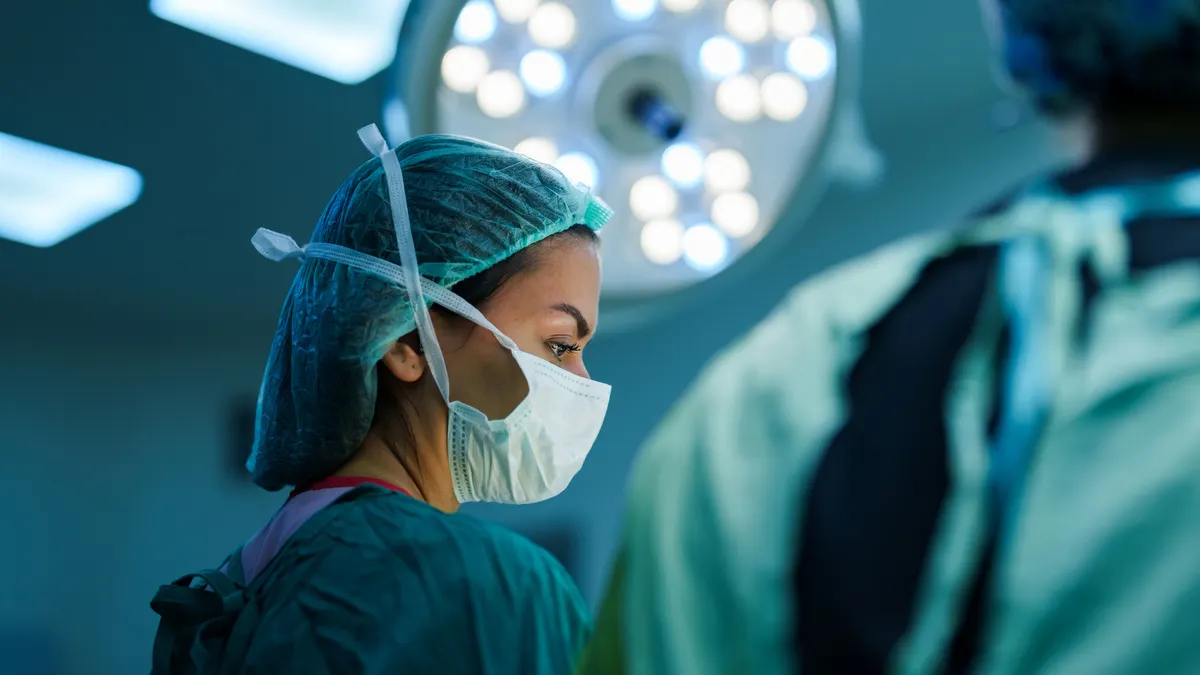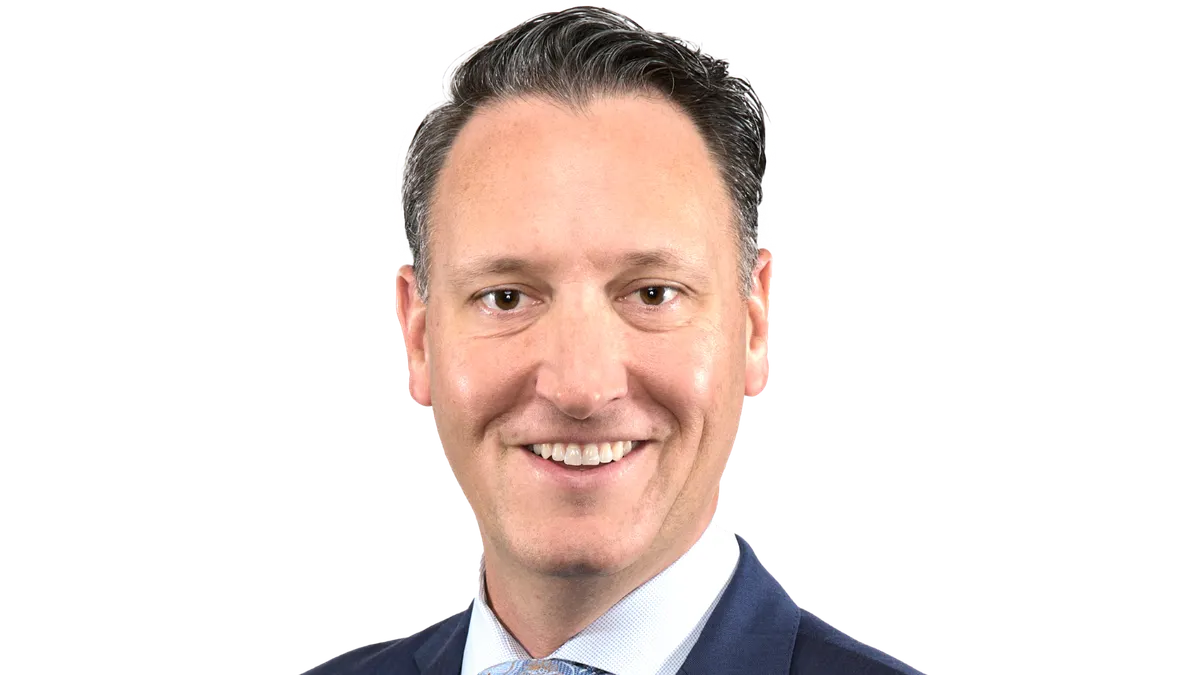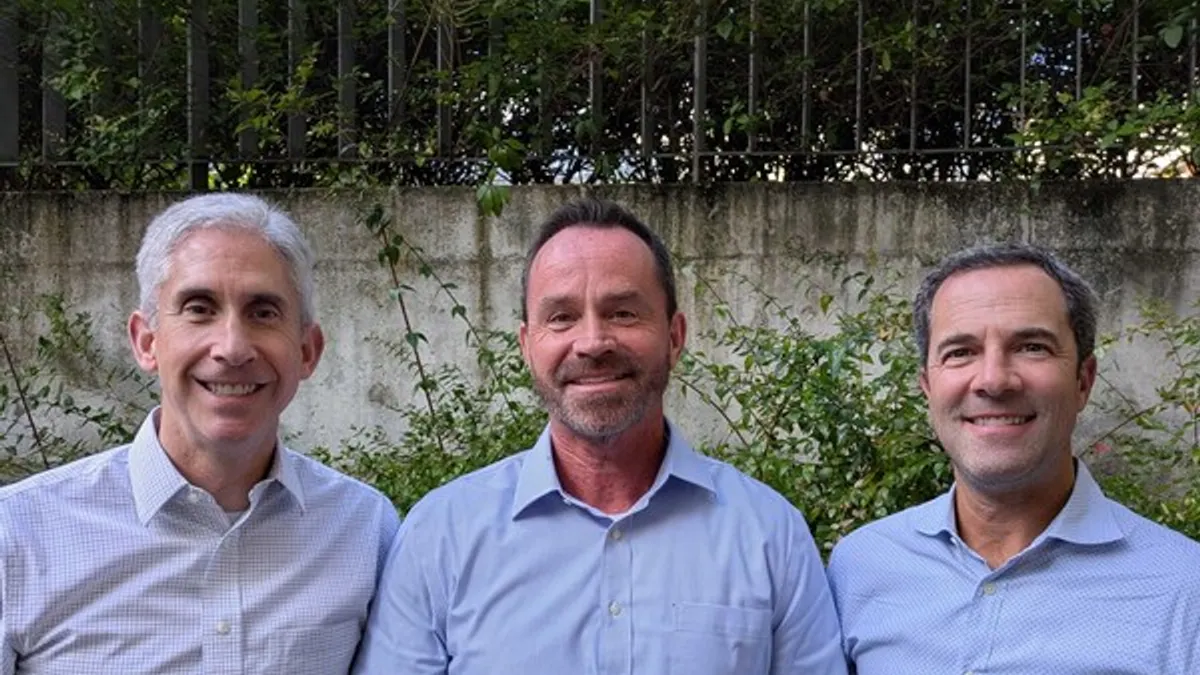When FDA Commissioner Scott Gottlieb and device center chief Jeff Shuren teased next week's advisory panel tackling breast implant safety, it was tucked into a broader communication on postmarket safety efforts.
But in the four months since, FDA and a domino line of regulators and scientists have flagged upticks in known cases of breast implant associated anaplastic large cell lymphoma. The form of non-Hodgkin lymphoma has been traced to at least nine U.S. deaths. And University of Southern California plastic surgeons published the first known case of similar disease in a recipient of buttocks implants.
Last week, FDA announced an initiative to scrutinize device materials' biocompatibility, including in the case of silicone breast implants, pointing to potential harmful autoimmune reactions to the devices.
With days before the two-day meeting, the FDA chided Sientra and Johnson & Johnson-owned Mentor for not adequately meeting post-approval study standards, citing low recruitment and poor data and follow-up rates. The only other market competitors are Allergan, whose textured breast implants lost CE marking last December, and privately held Ideal Implant, the newest entrant to the U.S. market.
The FDA is expected to release background materials and specific panel questions prior to the March 25-26 meeting, but none were published as of late Thursday morning ahead of what appears to be at least the eighth advisory committee meeting on breast implants since 1991, according to an agency timeline.
The agenda Monday is set to focus on BIA-ALCL, and Tuesday slated for discussion of everything else: use of MRI screening for silent rupture of silicone gel filled breast implants, surgical mesh in procedures like breast reconstruction and mastopexy, registries for postmarket surveillance, and real-world data and patient perspectives in regulatory decision making.
Here are some facts to know before the meeting.
Early approvals and controversy
The International Society of Aesthetic Plastic Surgery reported there were more than 281,000 breast augmentations with silicone implants in the U.S. in 2017, and more than 44,000 implant removals.
Breast implants are sold in a variety of shapes, sizes and materials, with those with textured surface in particular often cited as tied to BIA-ALCL. Textured silicone gel-filled implants may be chosen over smooth ones because the surface is supposed to help them stay in place and pose lower risk for capsular contracture, or formation of scar tissue around an implant, which can lead to other adverse outcomes like leakage or rupture.
Breast implants were made a Class III device in 1988, but it wasn't until 1991 that FDA issued a final rule calling for PMA applications for silicone gel-filled devices. In 1992, after concluding that manufacturers did not prove adequate safety and effectiveness data for their products, FDA opted to introduce a voluntary moratorium on breast implants. During that period, access to gel-filled implants, which were defined as investigational devices, was given to providers whose patients were undergoing breast reconstruction or replacement of existing implants, known as revision. Those patients were meant to be followed through adjunct clinical studies.
Over the next decade, Allergan and Mentor had adjunct and investigational device exemption studies approved by FDA. The agency also cleared the first saline-filled breast implants, which are thought to pose a lesser health risk upon leakage or rupture than their silicone counterparts, from the two companies in 2000.
The moratorium was officially lifted in 2006 with FDA approving silicone gel-filled implants from Allergan and Mentor indicated for augmentation, reconstruction and revision, with the understanding that both manufacturers must conduct post-approval studies.
Lymphoma concerns flagged
Prior to the next generation of product approvals that came from Sientra in 2012, Allergan and Mentor in 2013, and Ideal Implant in 2014, FDA became the first national public health organization to flag BIA-ALCL in 2011. At the time, it was referred to only as ALCL in women with breast implants. The American Society of Plastic Surgeons describes the disease as "rare" and "highly treatable."
In September of last year, the MD Anderson Cancer Center published a data analysis from more than 100,000 U.S. patients with breast implants. Researchers found that recipients of silicone implants had higher than normal rates of conditions like Sjogren syndrome, scleroderma, rheumatoid arthritis and melanoma, and that at seven years, reoperation rate was 11.7% for cases of primary augmentation and 25% for primary or revision reconstruction. Mark Clemens, a senior investigator on the study, is among the featured presenters Monday.
FDA said the data had "significant shortcomings" and defended its record, citing its assistance in implementing the PROFILE registry, which has tracked BIA-ALCL since 2012, and the National Breast Implant Registry (NBIR), launched six months ago to follow a broader range of patient outcomes, with FDA noting symptom patterns like chronic fatigue, cognitive issues and muscle pain. A February update from FDA indicated the agency had received 660 medical device reports related to BIA-ALCL.
"While the FDA does not have evidence suggesting breast implants are associated with these conditions, information from NBIR may help us identify risk factors for complications, such as a patient's own medical history, the specific type of operation, the type of implant used, and concomitant use of other medical devices," it said in a November release.
Business impact
It remains to be seen how an increase in data and heightened involvement from FDA and other regulators could impact manufacturers' sales. As of 2017, worldwide silicone-based breast augmentations were up about 1% to nearly 1.47 million, according to ISAPS. Breast implant removal procedures were up 8%. While the swift exit from the European market tanked Allergan's international breast implant sales 74% year over year, that business is small compared to some of the pharma's higher-performing products like Botox or its Restasis eye drops.
Meanwhile, some companies are looking to seize the moment. Nasdaq-listed Costa Rican company Establishment Labs launched an IPO and gained FDA approval for its investigational device exemption trial in 2018.
Jefferies analysts said in a note to investors Wednesday the company is experiencing a "perfect storm," in which FDA's upcoming actions could negatively impact current market players, but consumer interest in plastic surgery doesn't seem to actually be declining.
"The breast implant market is ripe for the taking," the analysts wrote.
What the watchdogs say
The panel could follow in the footsteps of those who weighed in on Essure, who advocated for better informed consent for patients; FDA ultimately issued the product a "black box warning," which is reserved for calling out serious or life-threatening risks on a package's label.
Madris Tomes, a former program manager at FDA who now analyzes adverse event data through her company Device Events, said the black box warning was not effective for patients in the case of Essure, and probably wouldn't make a significant difference for potential breast implant recipients either.
"The patient won't see a black box warning because they don't see the box for the [product] that's going to be implanted in them," she said.
National Center for Health Research President Diana Zuckerman agreed that a black box is possible, and while FDA rarely recalls devices and already oversaw a long moratorium in this device category, she said a partial market removal of textured implants in particular wouldn't be unheard of.
Tomes and Zuckerman think the benefit of registries is overstated, too.
"[The data] are not available to the typical doctor, and that's not going to help with identification of autoimmune issues," Tomes said. "Plastic surgeons are the ones using those registries, not rheumatologists and immunologists and family doctors."
Zuckerman echoed those concerns.
"The data are not publicly available unless the American Society of Plastic Surgeons chooses to make it available," Zuckerman said. "That's a problem because of potential conflicts of interest that might result in not publishing results that are detrimental to ASPS."





















